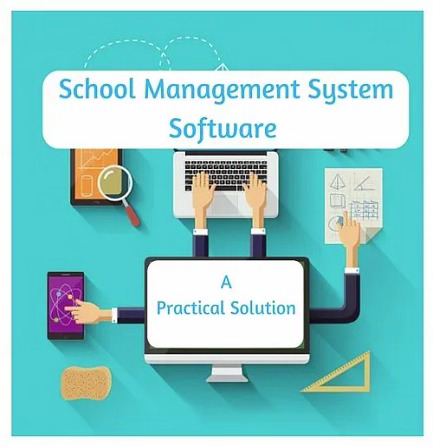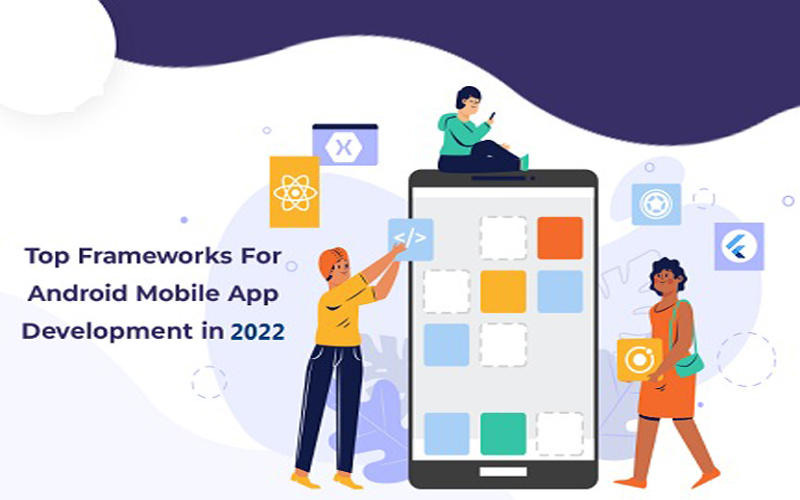In the digital age, educational institutions, including schools, increasingly rely on technology to streamline operations and improve educational outcomes. One important tool that is gaining traction is education enterprise resource planning (ERP) software solutions. Here are some of the important roles of educational ERP software in schools in the digital age.
Streamlining administrative tasks:
Educational ERP software helps automate and streamline a variety of administrative tasks, including student enrollment, fee management, attendance tracking, schedule planning, grading, and reporting. By digitizing these processes, schools can save time, reduce errors, and improve overall efficiency.
Centralized data management:
ERP software provides a centralized platform for storing and managing student data such as personal information, learning records, attendance records, and exam results. This makes information quick and easy to access, helping teachers, administrators, and parents make better decisions.
Improved communication and collaboration:
ERP software improves communication and collaboration among stakeholders in the school community. It enables teachers to communicate with students and parents through a centralized messaging system to share important announcements, assignments, and grades. Parents can also access their child's progress and communicate with teachers to facilitate their child's participation in education.
Improving academic planning and monitoring:
Educational ERP software enables schools to effectively plan and monitor academic activities. It helps you create and manage lesson plans, assign teachers to classes, and track curriculum coverage. Teachers can track student progress, identify opportunities for improvement, and provide individualized support to students based on their performance.
Financial management and resource allocation:
ERP software helps manage financial aspects such as billing, budgeting, payroll management, and job tracking. Schools can efficiently allocate resources, track expenses, and generate financial reports for better financial planning and decision-making.
Data-driven insights and analytics:
ERP software provides valuable insights through data analysis and reporting capabilities. Schools can produce a variety of reports. B. Attendance Reports, Academic Reports, and Student Behavior Reports. These insights help administrators and teachers identify patterns, trends, and areas that need attention, ultimately driving evidence-based decision-making.
Integration with other systems:
Education ERP software can be integrated with other systems such as learning management systems (LMS), library management systems, and exam management systems. This integration ensures seamless data flow between different systems, avoids duplication of effort, and improves overall efficiency.
Student performance tracking and analysis:
ERP software allows schools to comprehensively track and analyze student performance. It enables the collection of assessment, performance, and evaluation data that can be used to identify opportunities for improvement, monitor academic progress, and provide targeted interventions to students experiencing difficulties. increase.
Resource management and inventory management:
ERP software helps schools manage resources efficiently. Inventory management of textbooks, stationery, equipment, etc. is possible. Schools can track inventory levels, generate orders, and ensure timely procurement to reduce the risk of resource shortages and overstock.
Customization and extensibility:
Educational ERP software solutions can often be customized to meet a school's specific needs. Administrators can configure the system to suit the school's processes, terminology, and workflow. Additionally, these solutions are scalable, allowing schools to adapt and expand to meet their changing needs over time.
Data security and data protection:
ERP software for education places great emphasis on data security and data protection. Student and faculty information is reliably protected with robust security measures such as encryption, access controls, and regular backups. This gives stakeholders confidence that their data is being handled securely.
Parent Involvement and Participation:
ERP software facilitates parental involvement by giving parents access to relevant information about their child's education. Parents can view attendance records, exam results, and assignments, and communicate with teachers, promoting parent-school collaboration. Improved reporting and compliance:
Education ERP software simplifies the process of producing the accurate and comprehensive reports needed to comply with education regulations and standards. This automates reporting, reduces manual work, and helps schools efficiently meet their reporting obligations.
Distance learning support:
In the context of distance learning or hybrid learning, educational ERP software can play an important role. Facilitate online learning by providing a platform for virtual classrooms, online assignments, and interactive discussions. Teachers can also track student participation and progress in remote learning environments.
Data-driven decision-making:
ERP software enables administrators and school leaders to make informed decisions based on real-time data. Trends, patterns, and insights from your system can be analyzed to identify areas for improvement, allocate resources effectively, and implement evidence-based strategies to improve educational outcomes.
Conclusion:
In conclusion, school management software plays a key role in the efficient functioning of educational institutions in the digital age. This includes streamlining administrative tasks, centralizing data, improving communication and collaboration, improving parental involvement, efficient resource management, data-driven decision-making, enhanced security and privacy, customization, and scalability, It has many advantages, such as integration with other systems. It saves you money and time.
School management software harnesses the power of technology to simplify and automate processes, reduce manual work, and improve overall operational efficiency. This allows administrators, teachers, students, and parents to seamlessly access and share information, facilitating effective communication and collaboration. The software also facilitates data analysis, providing valuable insights for informed decision-making and continuous improvement. In addition, school management software ensures the security and confidentiality of sensitive data and helps educational institutions comply with data protection regulations. It can be customized to meet the specific needs of different schools and can be integrated with other educational tools and systems to facilitate seamless data flow and eliminate redundancies.
Ultimately, school management software helps educational institutions optimize resources, improve educational outcomes, and provide better learning experiences for students. This enables schools to adapt to the digital age and effectively meet the challenges and opportunities of modern education.




















 website development.png)












0 Comments
No comment